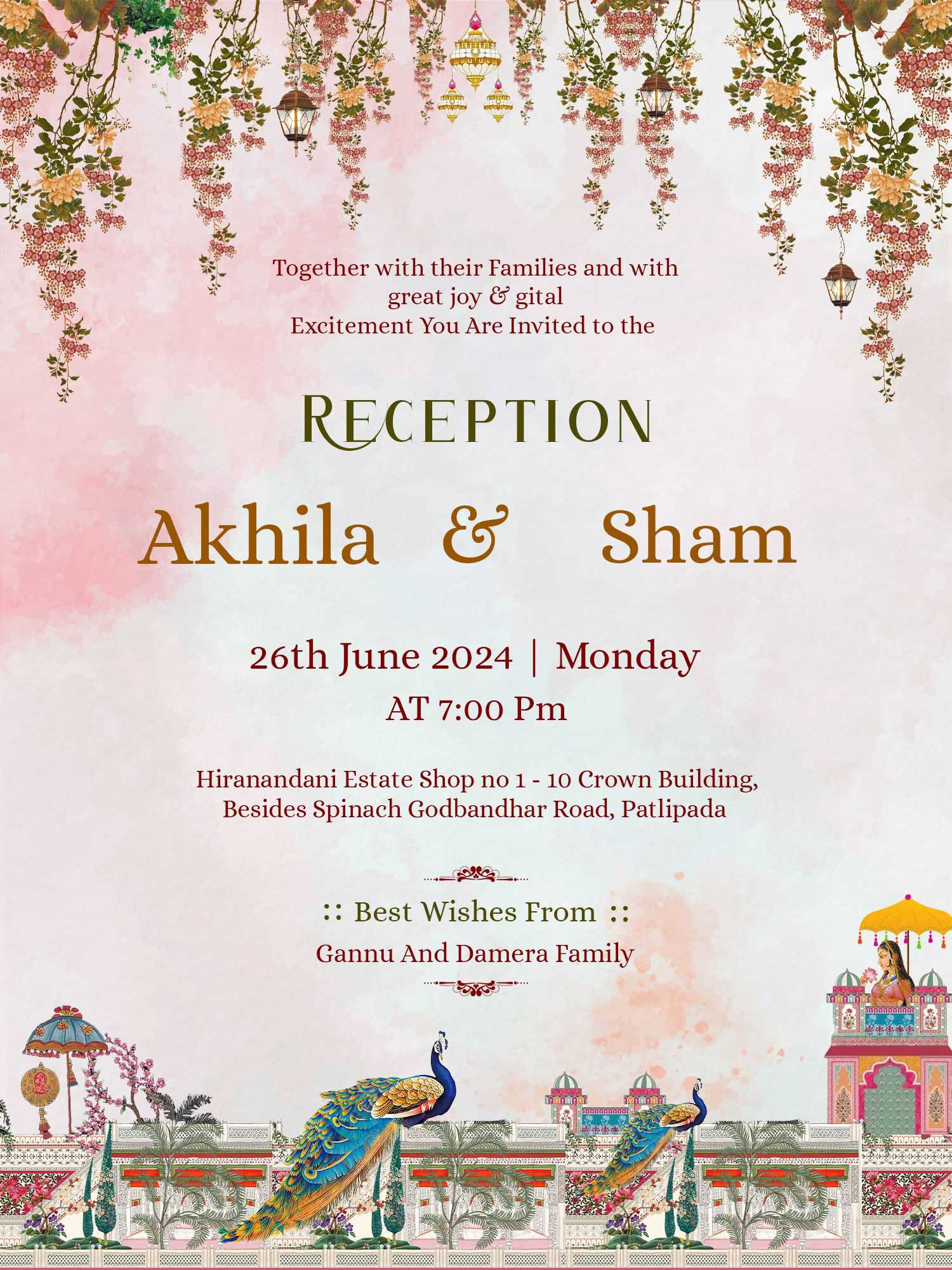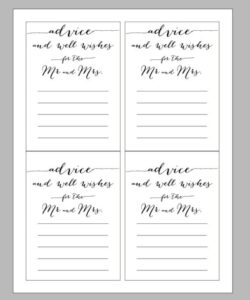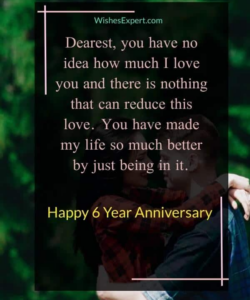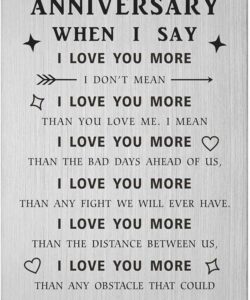When it comes to sending your best wishes on a wedding invitation, it’s all about conveying your joy and excitement for the couple’s upcoming nuptials. A wedding is a momentous occasion that marks the beginning of a new chapter in two people’s lives, and your invitation is an opportunity to express your heartfelt congratulations and hope for their future happiness.
The art of crafting the perfect wedding invitation lies in balancing tradition with personal touch. Whether you opt for elegant and formal or whimsical and casual, your words should reflect the unique bond and journey of the lovebirds. Remember, a wedding invitation isn’t just a request for someone’s presence; it’s a reflection of the couple’s story and a preview of the celebration to come.

Crafting Your Message
Writing a message of best wishes on a wedding invitation requires thoughtfulness and care. Start by considering your relationship with the couple. Are you family, close friends, or acquaintances? This will guide the tone and content of your message. Personal anecdotes, shared memories, or a simple expression of happiness for the couple’s future can all be part of your well-wishes.
Next, think about the couple’s personality and style. If they’re known for their humor, a light-hearted joke or pun might be appreciated. For a more serious couple, a sincere and heartfelt message will resonate more. The key is to be genuine; your words should be a true reflection of your feelings.
Don’t forget about presentation. The font, color, and design of your wedding invitation can complement the sentiment of your message. A beautifully designed card can make your best wishes feel even more special. Consider the theme of the wedding, the couple’s tastes, and the formality of the event when choosing your design elements.
Finally, ensure your message is inclusive and considerate of all guests. Avoid language that could be seen as exclusive or insensitive. A wedding is a celebration of love and unity, and your invitation should welcome all guests with open arms and warm wishes.
Etiquette and Tradition
Understanding the etiquette surrounding wedding invitations is crucial. Traditionally, invitations are sent out six to eight weeks before the wedding date, giving guests ample time to arrange travel and accommodations. The wording of the invitation often follows a set formula, but there’s room for personalization.
Addressing the invitations properly is also important. Titles, names, and addresses should be written out completely and correctly. If you’re unsure about someone’s preferred title or name, it’s best to ask rather than guess. This shows respect and attention to detail.
RSVP instructions should be clear and easy to follow. Provide a deadline for responses and consider including a stamped return envelope or a link to an online RSVP system. This not only makes it convenient for your guests but also helps you with planning and logistics.
Lastly, consider any cultural or religious traditions that might influence the wording or design of your invitation. Some cultures have specific customs or phrases that are traditionally included in wedding invitations. Being mindful of these traditions can add a meaningful touch to your invites.
FAQs About Best Wishes on Wedding Invitation
How do I word my best wishes for a wedding invitation?
Your best wishes should be personal and heartfelt. A simple “Wishing you a lifetime of love and happiness” is always appropriate, or you can tailor your message to the couple’s journey and relationship.
Is it okay to include a quote or poem in my wedding invitation?
Absolutely! A well-chosen quote or snippet of poetry can add a romantic touch to your invitation and reflect the couple’s personalities or the theme of the wedding.
Should I mention gifts or registries in the wedding invitation?
It’s generally considered polite to avoid mentioning gifts or registries directly in the invitation. Instead, this information can be provided on a separate card or through word-of-mouth.
Can I send digital wedding invitations with best wishes?
Yes, digital wedding invitations are becoming increasingly popular. They can be a cost-effective and environmentally friendly option, and you can still convey your best wishes beautifully.
What if I’m not good with words?
Don’t worry! There are many resources available, from templates to professional writers, that can help you craft the perfect message of best wishes for your wedding invitation.
In conclusion, sending your best wishes on a wedding invitation is a beautiful tradition that adds a personal touch to your announcement. It’s an expression of your joy for the couple’s future together and an invitation for loved ones to share in the celebration. By following these guidelines and putting your heart into your message, you’ll create an invitation that’s cherished for years to come.


